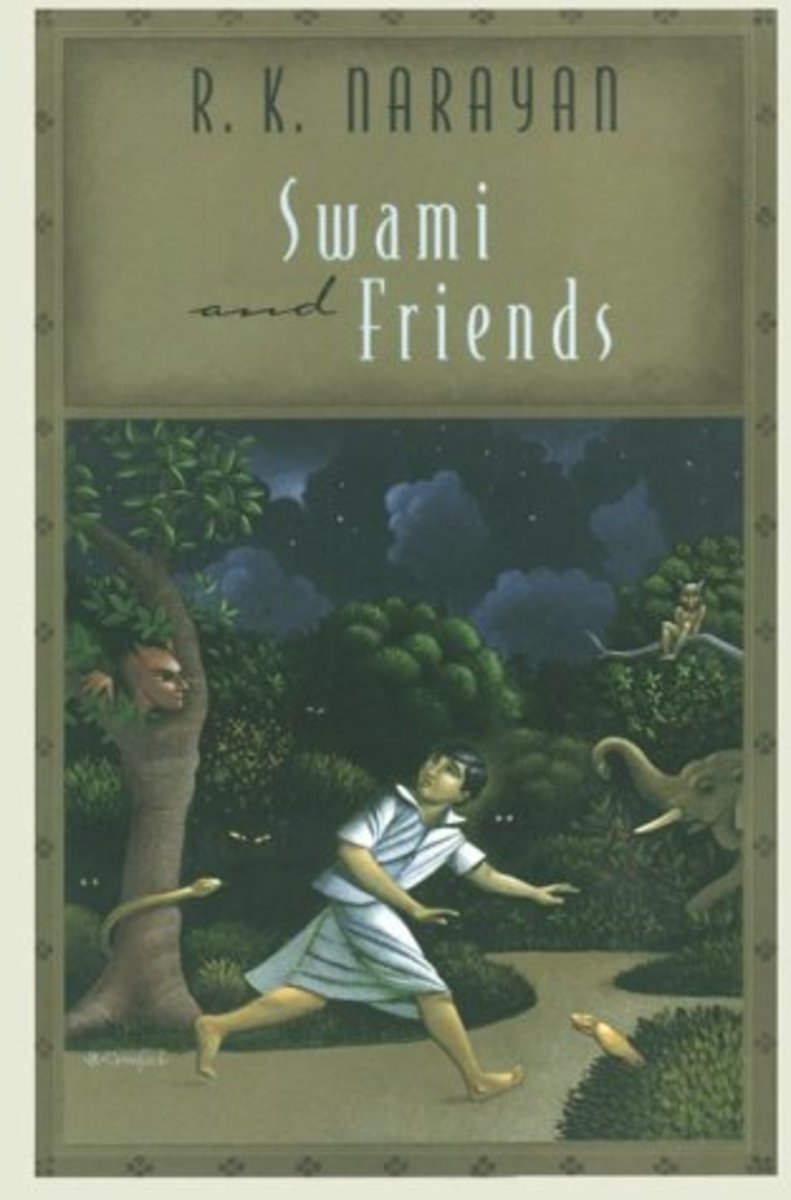Literary Links To Aspberger's Syndrome

The Curious Incident of the Dog in the Night-Time and House Rules Raise Awareness
Chances are that you've probably never known someone touched by Asperger's Syndrome, or, if you did, you probably had no idea why he was acting so strangely. Until a few years ago, I had never heard of Asperger's. In fact, it was only after I had been exposed to a few high school students with Asperger's that I began to understand the nature of the syndrome and the challenges it presented. ( I was about to end that sentence with ".... to its victims" until I reminded myself that many people with Asperger's certainly do not feel victimized, nor so they consider themselves afflicted. In fact, the more that I read and observe about Asperger's, the more I tend to view it as a behavioral and cognitive anomaly, and a fascinating one at that.) In the past few years, two novels, Mark Haddon's The Curious Incident of the Dog in the Night-Time and Jodi Picoult's House Rules, have heightened awareness of this little-understood condition by casting as their protagonists young men touched by Asperger's.
In laymen's terms, Asperger's Syndrome lies in the high-functioning area of the autism spectrum. It is marked by an inability to interact socially; repetition of words, mannerisms, and motor behaviors; lack of eye contact and facial expression; vocal oddities in volume, rhythm, and pitch; one-sided, sometimes pointless (at least to the listener) monologues focused on an obsessive, tunnel-vision-like interest. A condition thought to be influenced at least in part by heredity, Aspberger's has no cure. The goal is to improve symptoms and function with, among other things, behavior therapy.
The Curious Incident of the Dog in the Night-Time and House Rules have several other things in common besides the fact that the protagonists have Asperger's. Each protagonist is a teen-ager who has been accused of murder. Fifteen-year-old Christopher Boone, the main character of The Curious Incident...., has been accused of murdering a neighbor's dog; House Rules' Jacob Hunt has been accused of murdering his tutor. Each young man displays traits unique to autism, such as a strictly literal interpretation of what he sees and hears. In other words, each of them is unable to grasp the significance of figurative language like metaphor, simile, or irony, to name just a few. Also, each boy has a unique interest on which he is fixated. Christopher's focus is mathematics and logic, while Jacob's passion lies in the area of forensic analysis. Both of them use their obsessive interests in dealing with their problems. Also, Christopher eats foods that are red but refuses to eat anything yellow or brown and has an extreme aversion to being touched. Jacob is addicted to a TV show called "Crimebusters" and has a habit of setting up fake crime scenes and holding mock trials. He even has a police scanner by which he has actually aided law enforcement.
Probably the most important gift these novels offer is a unique glimpse of what it means to have Aspberger's. For example, had the reader not been told that Christopher Boone, the narrator of his own saga, is fifteen years old, she might have assumed that he was seven or eight . In fact, at times I felt myself being annoyed with the simplistic, unemotional nature of the verbiage in The Curious Incident...., until I realized that probably was exactly the effect the author had intended. In this case, the use of protagonost as first person narrator brings the reader even closer to the aura of Aspberger's with its lack of affect and strict literal interpretations. As the novels unfolds and one begins to comprehend Christopher's unique talents in math and logic, it also becomes clear that Aspberger's is in no way related to lack of mental ability.
The format of House Rules is very different in that the story is told through the eyes of a continuing rotation of narrators, which affords a look at Aspberger's through the eyes of the protagonist, his mother, his younger brother, Theo, and even the twenty-eight-year-old attorney, Oliver, who represents Jacob at his murder trial. This technique is extremely effective, particularly since Aspberger's dramatically impacts all family members (both Christopher and Jacob have only one parent actively involved in their lives, probably as the result of the stressful nature of living with Aspberger's) and, in fact, anyone with whom those touched by the syndrome come in contact . At times the reader feels more emphathy for Theo, the brother who has been forced to live in the shadow of Jacob's condition for as long as he can remember, than for Jacob, whose various quirks and idiosyncracies constantly demand their mother's attention. (Note: When Jacob's father appears briefly near the end of the book, it becomes apparent that he, too, has some quirks, suggesting a genetic link.)
The resolutions to both novels will not be revealed here (no Spoiler Alerts necessary), for obvious reasons: these books definitely are worth reading. All things considered, despite their differences in format and presentation, these two novels ultimately share a focus, which is the complicated, challenging, often unnerving nature of an autism spectrum disorder that heretofore has been little understood. They also clearly demonstrate that those touched by Aspberger's are unique individuals deserving of respect and compassion. I had the opportunity to observe only a few of those individuals in a high school setting, and each was, in fact, truly an individual. On occasion, I witnessed bullying, a clear result of ignorance about Aspberger's, and reacted to the bullying with frustration and anger. I am convinced that education and enlightenment about Aspberger's Syndrome are the keys to understanding and accepting those who live with Aspberger's. Books like The Curious Case of the Dog in the Night-Time and House Rules take advocacy to another level and are illustrate the power of prose.








